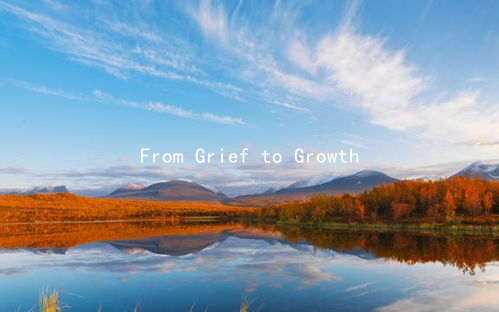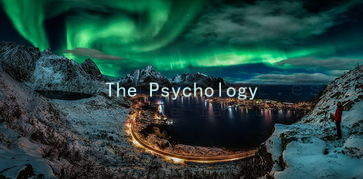From Grief to Growth: Emotional Strategies for Dating After Losing a Partner
Navigating the dating world after the loss of a partner can be an emotionally challenging journey. The transition from grief to growth requires time, patience, and intentional strategies. Here, we explore effective emotional strategies and communication techniques to help you embrace new relationships while honoring your past.
1. Acknowledge Your Emotions
The first crucial step in dating after loss is to acknowledge and process your emotions. Grief can manifest in various ways: sadness, anger, confusion, or even relief. Allow yourself to feel these emotions without judgment. Journaling can be a helpful tool to express your feelings. Take the time to understand what you’re going through, as this self-awareness will empower you in future relationships.
2. Define What You Want
Before diving back into the dating scene, it’s essential to reflect on what you truly want from a new relationship. Consider both your emotional needs and your lifestyle preferences. Creating a list of qualities you seek in a partner can help clarify your intentions and guide your efforts. Be open yet specific—this can pave the way for healthier connections.
3. Communicate Openly
Open communication is vital in any relationship, especially when one partner has experienced loss. When you meet someone new, share your journey in a way that feels comfortable for you. Honesty about your past not only builds trust but also fosters understanding. Phrases like, “I’ve been through a lot, and I’m learning how to open my heart again” can set the tone for transparent dialogue.
4. Set Boundaries
Setting boundaries is another key aspect of transitioning into the dating world again. Be clear about what you need as you navigate this process. Whether it’s taking things slow or establishing limits on emotional intimacy early on, expressing these boundaries will help you feel safe. Aiming for mutual respect can lay a strong foundation for the relationship.

5. Cultivate Self-Compassion
Self-compassion is a powerful strategy during this transitional phase. Treat yourself with the same kindness and understanding that you would offer a friend. Engage in activities that bring you joy, whether that’s nurturing old hobbies or discovering new ones. This reinforces a sense of identity independent of your past relationship and creates a positive mindset when entering new connections.
6. Focus on Building Connections
Instead of rushing into dating, focus on building meaningful connections first. Attend social gatherings, join clubs, or participate in community events where you can meet others in a relaxed environment. Use light, engaging conversation starters to ease into interactions. Examples include, “What’s the most adventurous thing you’ve done recently?” or “If you could have dinner with any historical figure, who would it be?”
7. Be Patient With Yourself
Lastly, be patient with yourself through the dating process. Healing takes time, and it’s normal to have ups and downs. Remember, it’s okay to take breaks from dating if you find it overwhelming. By prioritizing your emotional health and allowing yourself the freedom to grow, you will naturally attract connections that resonate with your evolving self.
Conclusion
Dating after the loss of a partner is a journey of emotional resilience and personal growth. By acknowledging your feelings, communicating openly, setting boundaries, and cultivating self-compassion, you create a pathway to new, fulfilling relationships. Each step forward can be a tribute to the love you once had, while simultaneously opening up to the potential of new connections. Embrace the journey with an open heart and mind; growth is possible, and love can flourish once again.





